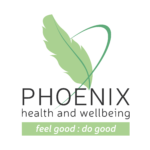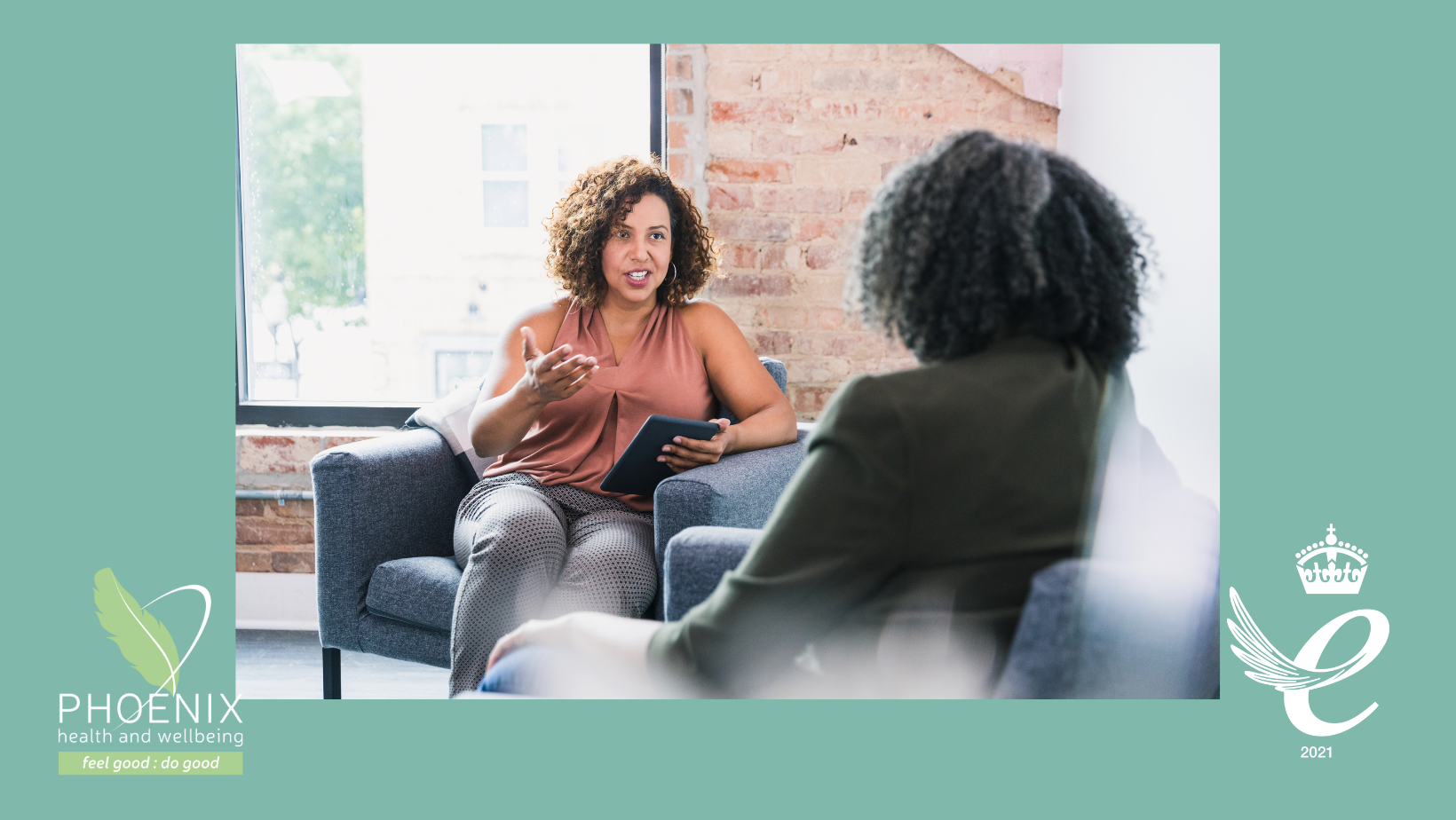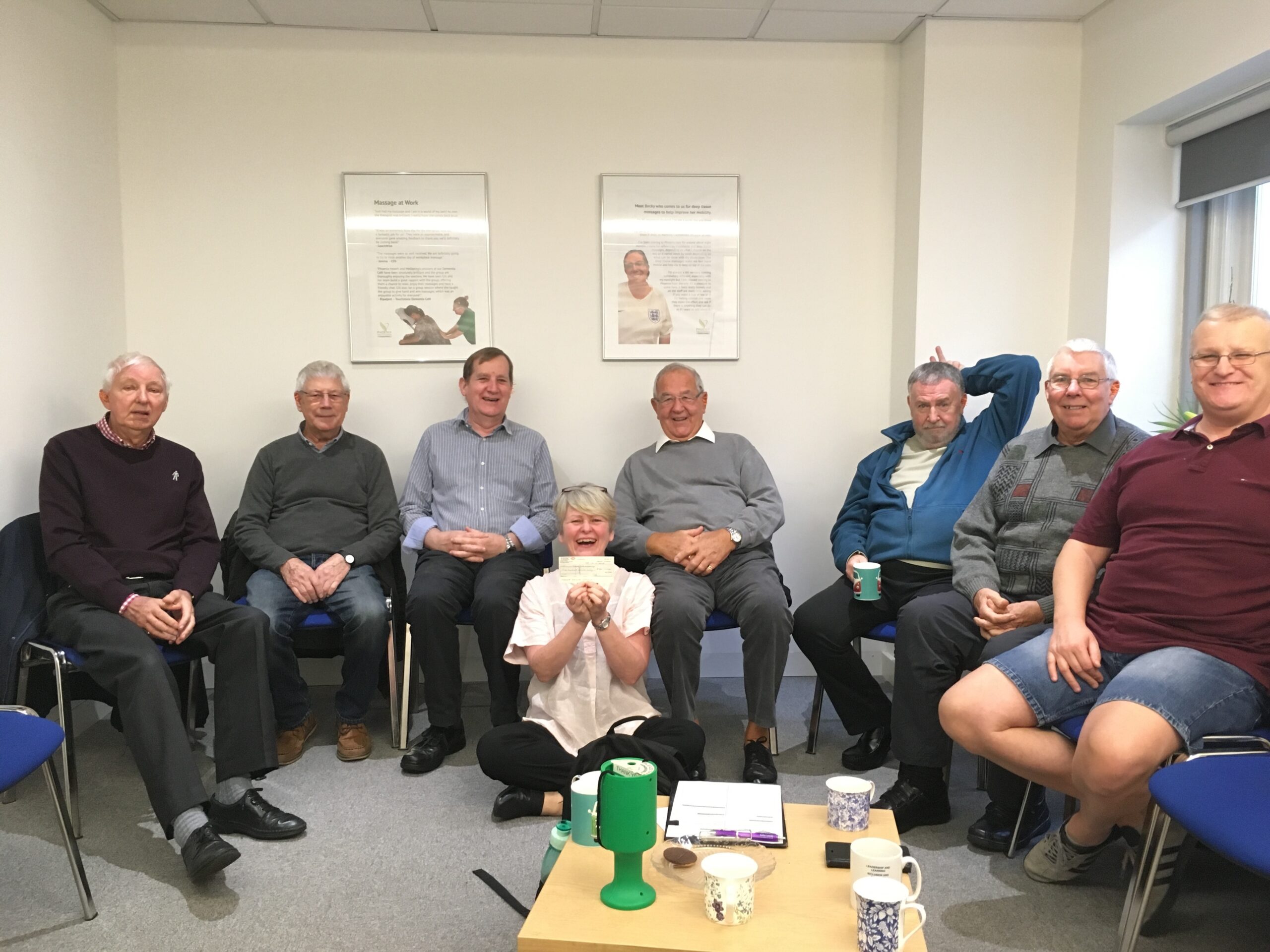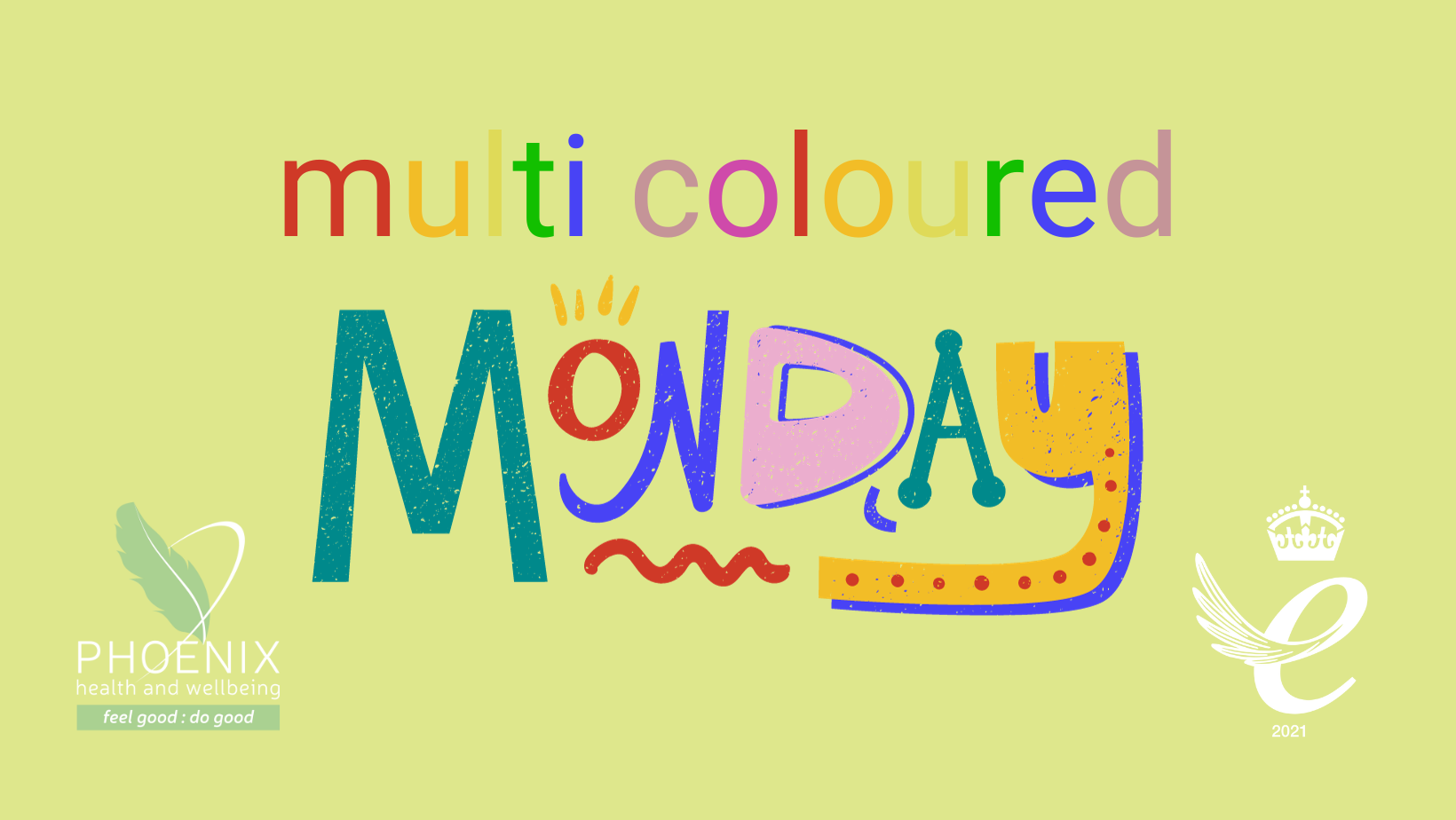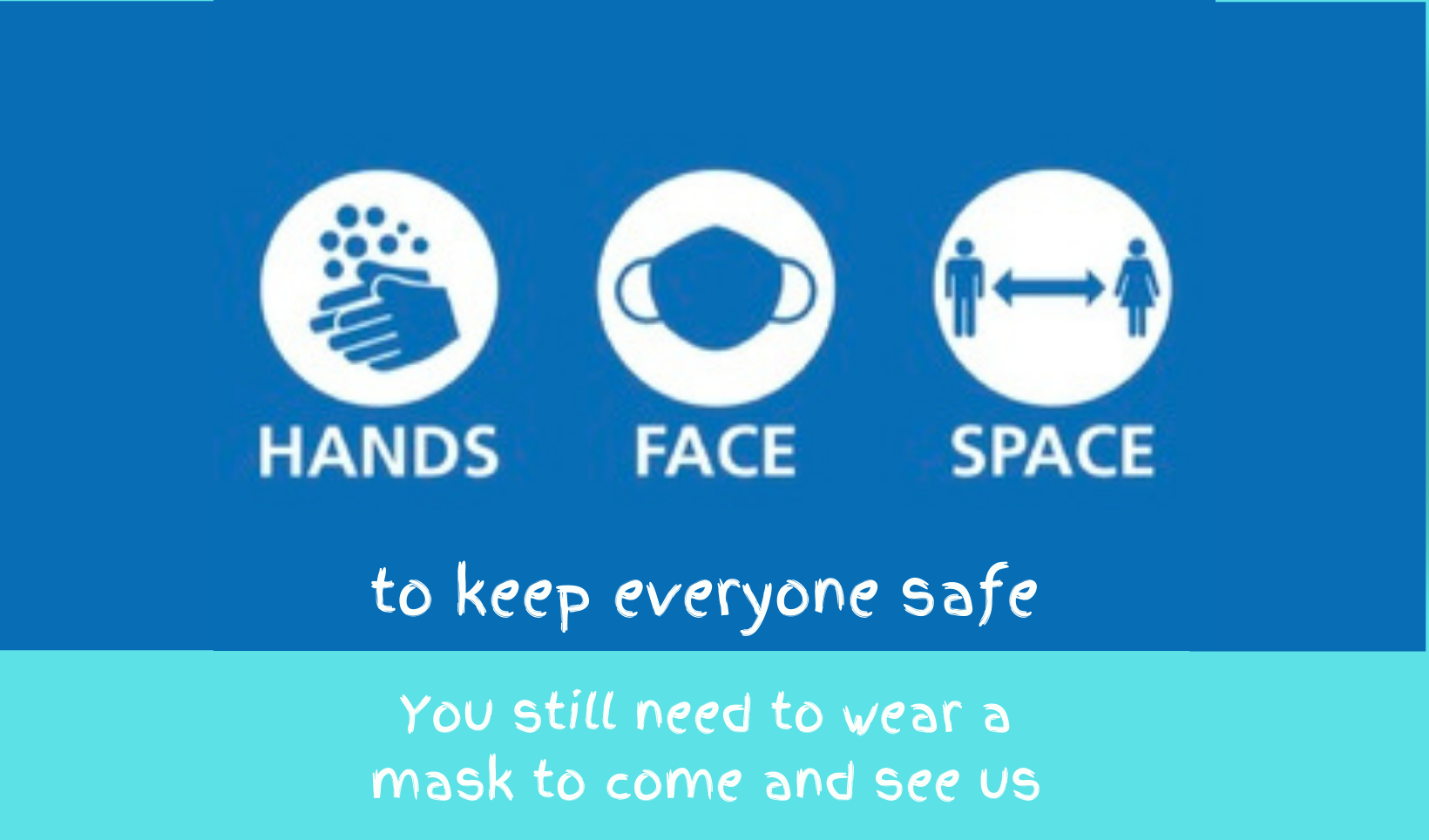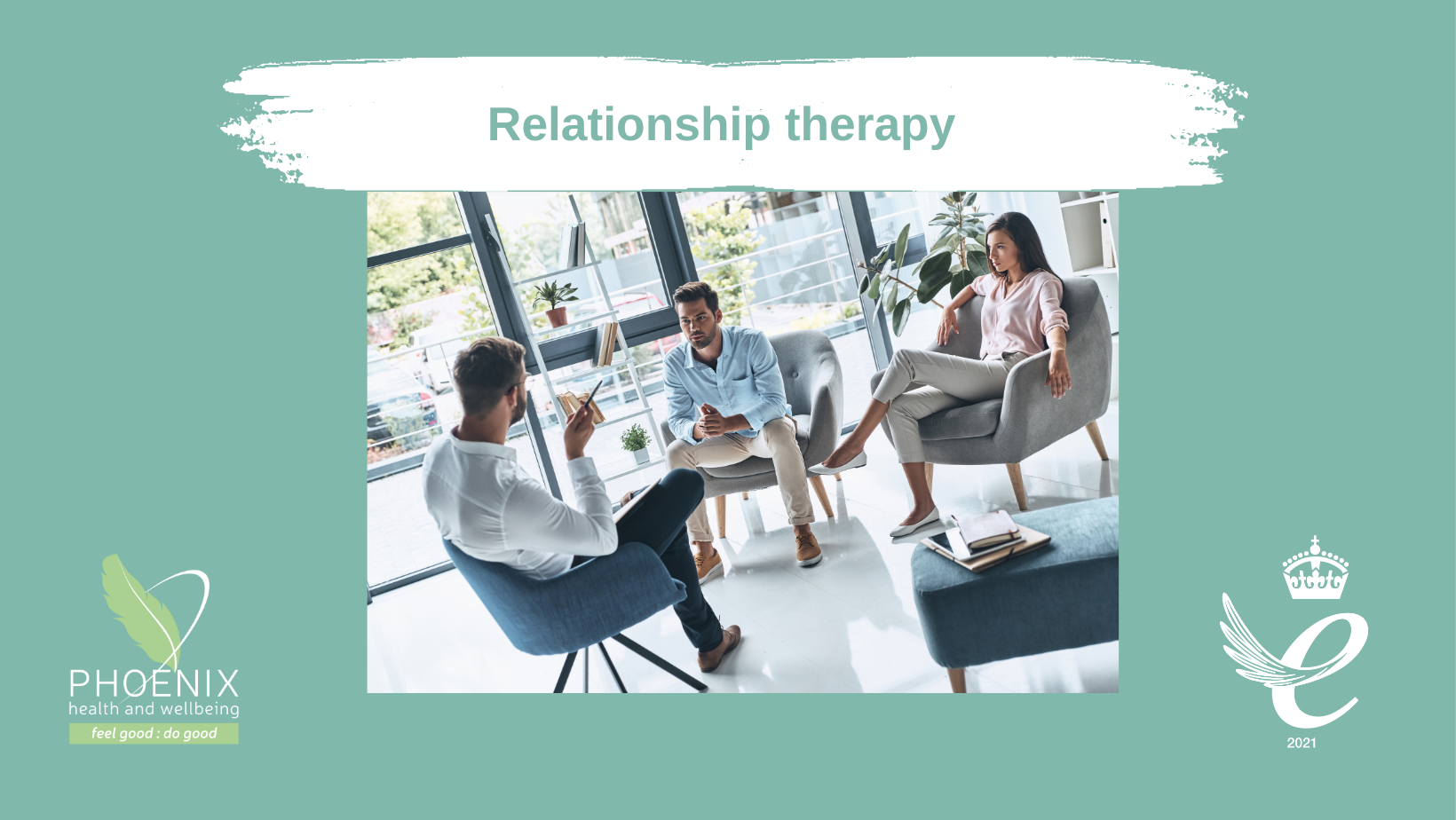
Is it couples counselling or should it be relationship therapy?
Guest blog about relationship therapy by Chris Hebden.
There is a tendency to call this type of therapy couples counselling. It’s useful to remember though, that relationships can take many different forms. It’s not only couples in monogamous relationships who can benefit from talking therapy and the improved communications that this can bring.In fact, the more personalities thrown into the mix, the more likely you will come up against difficulties.
It’s OK to say “actually we are having a few problems and can’t seem to find a way out of it”.
Relationship therapy can offer an unbiased perspective on the interactions within relationships and support you to improve your communications.
Communication is the key!
Historically this type of therapy was considered couples therapy due to social expectations around marriage and monogamy. In recent years there have been changes in attitudes and open discussions about relationship therapy and reasons for attending.
One of the biggest reasons for attending this type of therapy is to do with communication or miscommunication issues. Any unresolved communication issues can lead to feelings of resentment, jealousy, hurt, anger and fear. It can leave you with an insecure bond with your partners. This can result in negative behaviours such as becoming clingy, demanding, aloof or withdrawing completely.
Relationship therapy will help you to identify how to communicate better, recognise ingrained patterns of behaviour and develop coping strategies for when conflict occurs.
It’s helpful to recognise that there is always conflict in relationships. Whatever form the relationship takes it’s how you resolve the conflict that can be the issue.
By focusing on positive attributes to make others feel good and using fewer negative reactions to bring them down you can help create better interactions. The introduction of humour can release tension and reduce defensive behaviours. It can also encourage others to remain calm and think through problems peacefully without creating drama and negativity.
What might happen in a relationship therapy session?
Typically, in one of my sessions I tend to be solution focused. I help clients to focus on the present and the future rather than the past. It’s important to identify what their preferred future looks like and how they can achieve this.
Working together we will re-frame situations that have happened. This helps clients see them from a different perspective. It can challenge their views about the issue/problem and help them to see it differently.
Between us we will identify areas of commonality with positive talk for each other. For example what they like about each other, what made them want to be close and what their life would look like without each other in it.
Within these sessions we are learning the core components of communication, compromise and acceptance. Learning how to speak and listen to others and how to find time everyday to give each other your undivided attention.
The use of scaling questions to help assess where your relationship is right now and what you think you could do to move it up the scale is really effective. This type of activity helps to track progress, for both clients and counsellor. It also makes the clients think about the future in a positive way, by taking responsibility for the outcome.
Is relationship counselling for you?
This type of therapy doesn’t have to be just for couples in long term relationships. This therapy can help to support any sort of relationship that you might be closely involved in, whether that be traditional or fluid partners, sexually intimate or emotionally intimate, close friends or something else.
Relationship therapy can help you to get to the bottom of what your issues are really about. It can help build more connected relationships and recognise if social issues are impacting on the way you behave within your relationships.
“Communication needs clarity but sometimes you need help to see through the fog” Anon
Where to get help
Once you have made the decision to seek help through relationship therapy the next step is to find a therapist. This sounds so obvious by you really need to find someone who both people in your relationship feel comfortable talking to. Really have a good look around – the professional bodies all have registers of qualified therapists who will have met certain minimum training standards and will all be committed to undertaking regular continuing professional development. Try the British Association of Counsellors and Psychotherapists. There are also directories for counsellors such as Psychology Today and the Counselling Directory. These are moderated lists but not professional bodies.
About Chris Hebden
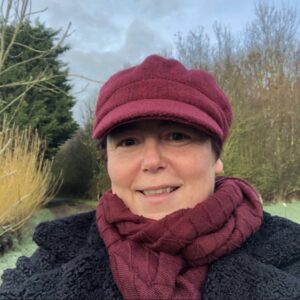
Chris Hebden is an experienced counsellor working in the integrative model. She has years of experience working with adults and children. We are lucky enough to have Chris working with us here at Phoenix. She is our therapist who provides relationship therapy.
She is registered with the British Association of Counsellors and Psychotherapists and listed on the Counselling Directory. Take a look at her profile on our website
If you want more information about our service or relationship therapy in general, then please feel free to email us on info@phoenixhealthandwellbeing.org.uk
Phoenix Health & Wellbeing is a charitable social enterprise. We use the proceeds of your therapy treatment to subsidise treatments for those who have chronic health issues and low incomes and would not otherwise be able to access our therapies. Roughly £4 to every £10 spent with us will go to help others.
To find out more about our work click here
Opening times:
Monday to Thursday from 10:00 to 20:00
Friday and Saturday from 10:00 to 16:00
Sunday closed.
